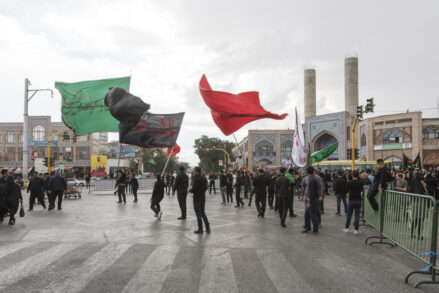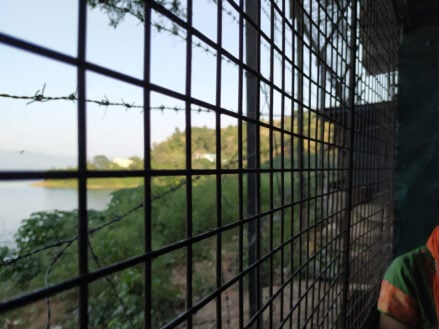All of these scenarios are real situations faced by real Christians in different places around the world where God’s Word is a target. And yet, people are desperate for Bibles. The Bible is one of the primary ways God reaches people in places where it is hard to follow Jesus—His Word is a light for His people, the bread that sustains their faith.
In rare instances, the Bible is completely illegal, like in North Korea; but much more often, it is tightly controlled by the surrounding government or culture. Just because it is not technically “banned” doesn’t mean it’s simple to gain access to God’s Word. For instance, in some very hardline majority-Muslim countries, perhaps some categories of Christian communities—non-converts, for instance—are allowed by local authorities to possess a Bible, but only under severe restrictions.
In other places in the world, local authorities might allow the Bible in a legal sense, but families or communities may actively oppose ownership of God’s Word, making the Bible effectively outlawed. And in still other nations, some parts of the country might allow the Bible while others may more tightly control or forbid it.







